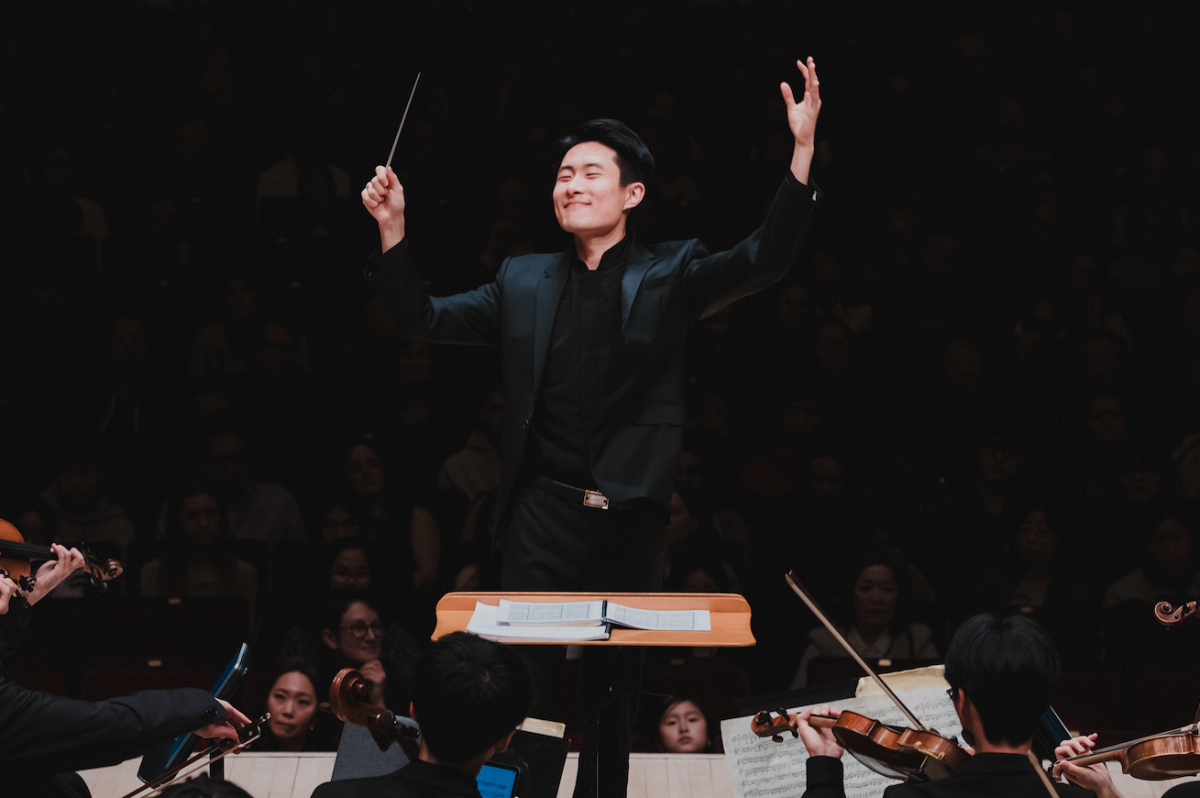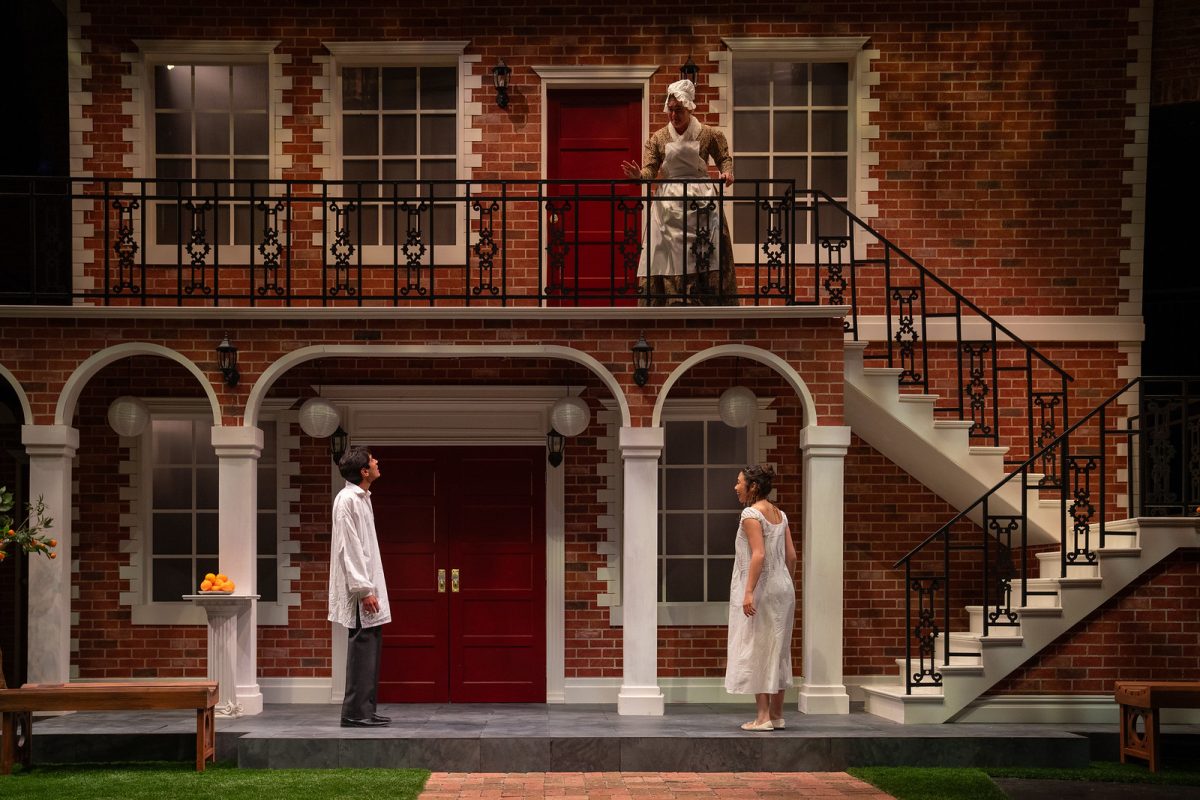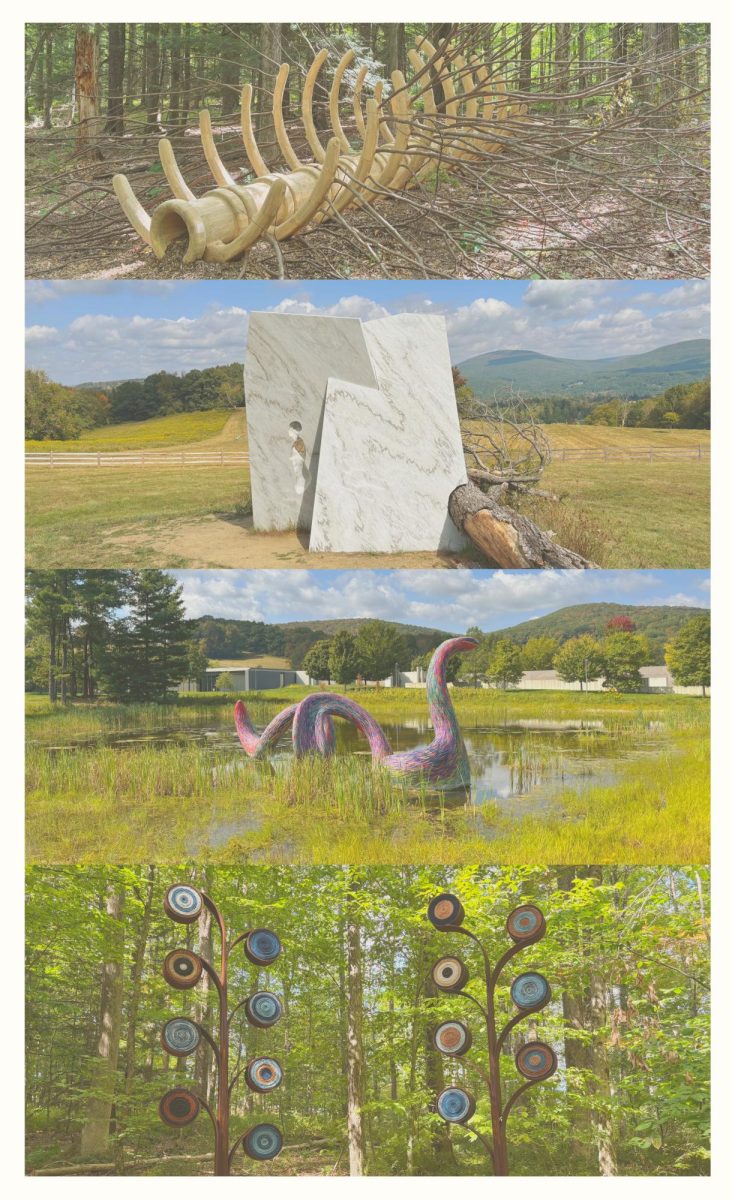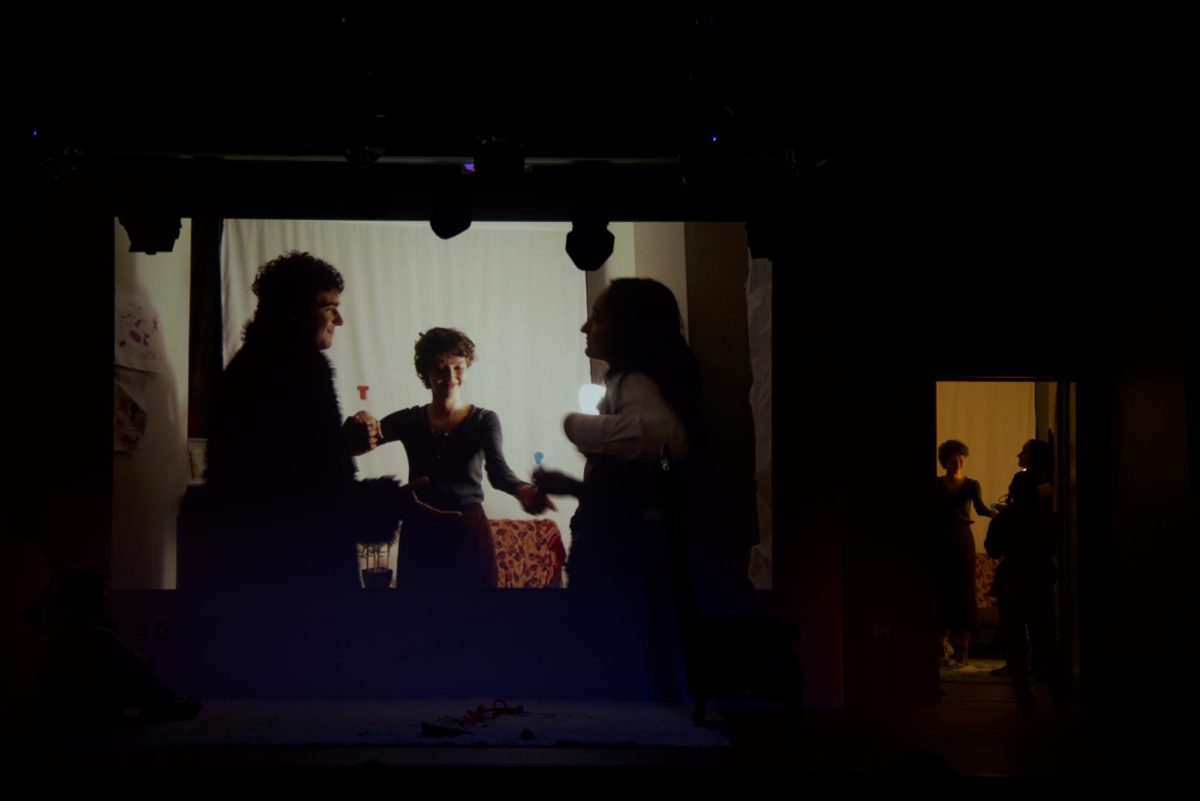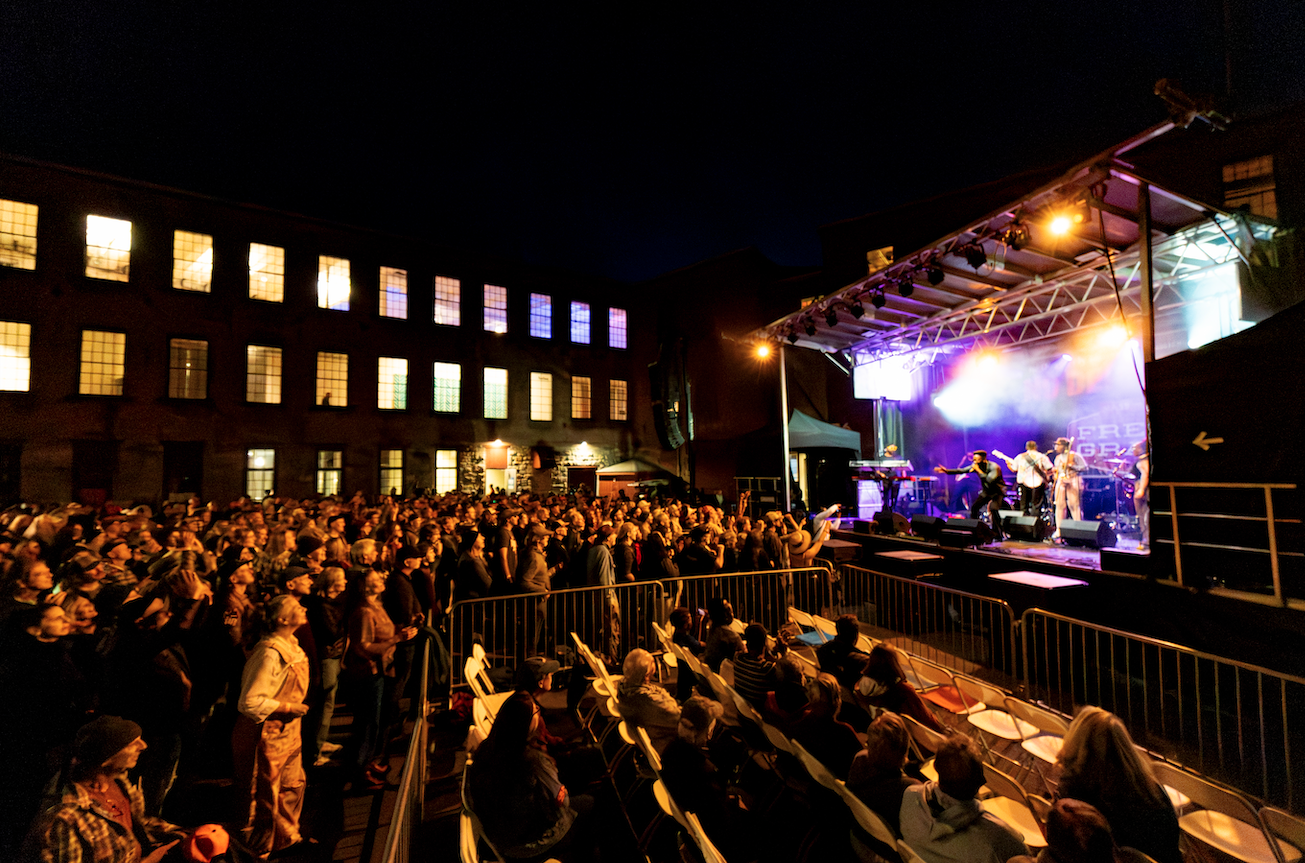
FreshGrass Music Festival, now in its 14th year, is a place for flannel. Hosted on MASS MoCA’s sprawling campus, it’s a place for cowboy boots, flower crowns, and sourdough bread. It was the place that finally made me start drinking IPAs.
But when I walked into the Hunter Center on Saturday morning, I forgot all about that. Tucked away from the rest of the festival, the dark indoor auditorium hosts the FreshGrass Awards, the festival’s annual prizes for up-and-coming artists who present innovative interpretations of roots and bluegrass music. There are four categories: band, mandolin, fiddle, and banjo.
In order to be eligible, competitors must not be signed to a label or have released with a publisher, which means the contest typically leans toward younger artists. Many of the finalists are currently studying at conservatories across the country. These artists have a lot to gain from the competition: Finalists in the fiddle, banjo, mandolin, and band categories compete on stage for cash, studio recording sessions, and the opportunity to perform at next year’s festival. I attended the event on Saturday, when the fiddlers went up to bat.
“In spite of the fact that [the competitors] hate each other, they are so in love with this music that they manage to overcome their hatred,” joked Eric Kerns, emcee and member of the MASS MoCA Cultural Development Commission. The competitors are clearly friendly, but Kerns’ point stands. Music is by far the most important thing in this room to the audience and competitors alike.
As the performances began, a nearby fan explained to me that contemporary fiddling can be sorted into two main geographic traditions: an American style that encompasses Appalachian, bluegrass, and Creole fiddling, among others, and the European folk traditions. These are oversimplified categories, but they helped me appreciate the sheer diversity of choice that the competitors faced coming into the day’s competition. Each fiddler was to perform two songs, one original composition and one standard piece. With their performances, the three fiddlers in the competition demonstrated the scope of this far-ranging tradition.
When the first performer, Madeline Dierauf of North Carolina, began to play, her Appalachian training was apparent. The original tune, entitled “Pretty Little Goat,” began plucky and rhythmic before taking on a fuller tone and dramatic bowing in the end. For her standard piece, Dierauf turned to a West Virginian tune called “Pretty Little Shoes.”
Despite their similar names and origins, the pieces are wildly different. Dierauf’s stance is different, too. She drew the fiddle slightly into herself and came out swinging. The pace stayed furious, and despite the conference chair in which I sat, I felt myself begin to dance.
The second fiddler was Vancouver, Canada native Clara Rose, who performed her original composition “Swedish-ish.” Midway through, she quieted her fiddle to a low hum and sang out. Her clear voice cut through the air and transformed the auditorium into a Nordic highland. Her next piece, a bluegrass standard by composer John Hartford, took a new shape in her hands. The crowd was clearly enchanted by Rose’s lyrical music, and I was left wondering if her voice didn’t give her an unfair advantage.
Last up was Nashville, Tenn.-based artist Cody Bauer. His performance brought the room back to Appalachia as he played both pieces with a driving rhythm. I was particularly moved by his original piece, titled “Modal Mountain.” The joyous sliding notes and crescendo drove us listeners excitedly into the final phrase. When he bowed and turned on his heel, a moment of silence — maybe shock — hung over the room before we fell into applause. I left the competition with a new appreciation for the fiddle and absolutely no idea how one would evaluate the performers.
I wouldn’t find out until the following day that Rose had won the overall prize for fiddle. She will receive a $2,500 grant to support her future endeavors.
In the meantime, I went back out into the festival, fiddle on my mind. I didn’t have to go far to get my fill of more music. Out on Joe’s Field, the venue’s largest stage, I found myself in the front of the crowd, waiting for country soul legend Swamp Dogg to come to the stage. And perhaps I shouldn’t have been surprised to see a fiddler on a FreshGrass stage, but I was still thrilled to see Swamp Dogg’s accompanist, Will Ruff, on the fiddle. The performances of the morning, mentally suspended in that dark hall, were suddenly slammed onto the main stage. As the band played, all of my quibbling about genre, tradition, and fairness became moot. I was instead reminded of Eric Kerns’ words from that morning, no matter how talented anyone is, “We’re better with friends.”



